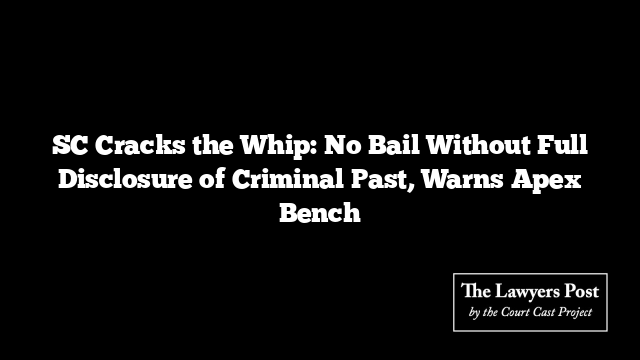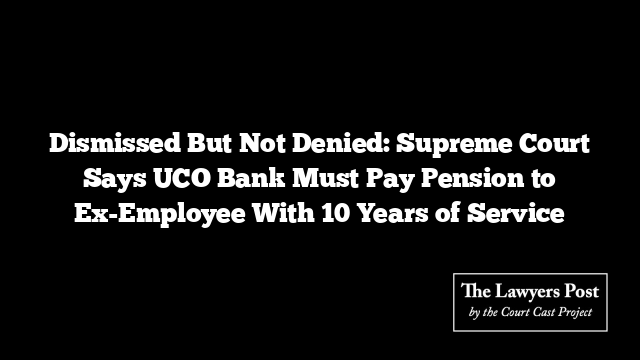In a move aimed at tightening the ropes around bail seekers, the Supreme Court has laid down a no-nonsense mandate: anyone approaching the Court for bail—whether anticipatory or regular—must come clean about their past run-ins with the law, right from the get-go.
The directive, issued by a bench comprising Justices Dipankar Datta and Manmohan, now makes it compulsory for petitioners to clearly state their criminal history—or lack thereof—right in the synopsis of their Special Leave Petitions. Any attempt to dodge the truth or slip in falsehoods could lead to outright dismissal of the plea.
The Court minced no words about its frustration, noting that too many petitioners have previously withheld such crucial details, leaving the bench blind until the State steps in and reveals the hidden facts. “We’ve been taken on a ride too many times,” the Court remarked, adding that this leniency can no longer continue unchecked.
From now on, anyone challenging bail-related orders from High Courts or Sessions Courts under Sections 438/439 CrPC—or Sections 482/483 of the Bharatiya Nagrik Suraksha Sanhita—must disclose:
- Whether they are of clean antecedents, or
- If involved in any criminal case, complete details including the current stage of the proceedings.
Failure to be truthful? That alone could be reason enough to throw the petition out.
While acknowledging that the new rule might cause discomfort for some, the bench made it clear that half-measures haven’t worked. Earlier judgments—like Kulwinder Singh v. State of Punjab and Sheikh Bhola v. State of Bihar—were meant to fix this problem. They didn’t. So now, the Court says, sterner steps are needed to uphold the seriousness of its process.
“This isn’t just about paperwork,” the bench explained. “It’s about ensuring the Supreme Court isn’t treated like a casual stopover by those seeking relief while hiding the full story.”
The Registry has been instructed to circulate the new rules far and wide, leaving no room for ignorance.





